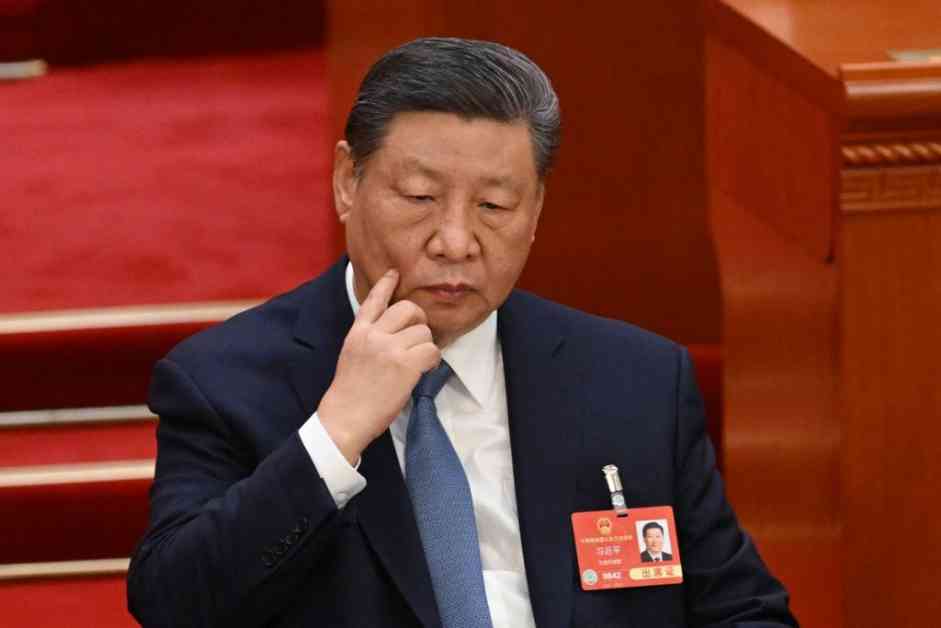China’s aging population presents a pressing challenge, prompting the government to explore innovative solutions using artificial intelligence (AI) and big data. Against the backdrop of declining birth rates and a shrinking workforce, China recently announced its commitment to leveraging new technologies in elderly and social care. This strategic move aims to not only address the needs of the aging demographic but also stimulate economic growth in the face of demographic shifts.
The Civil Affairs Minister, Lu Zhiyuan, highlighted the government’s plan to expedite the development and implementation of cutting-edge technologies like big data and AI in various sectors, including social assistance, elderly care services, and services for the disabled. The goal is to enhance the accessibility, convenience, and standardization of these crucial services for the elderly population, which has surpassed 310 million people aged 60 and above.
As China’s population continues to age, the demand for effective care and support services is on the rise. Recognizing the strain on the workforce, the government is turning to technology as a key driver of future economic prosperity. This shift towards embracing AI and big data reflects a broader trend in leveraging innovation to meet the evolving needs of society.
DeepSeek’s AI Revolutionizing Elder Care
One notable example of this technological integration is DeepSeek, a Chinese company that has been at the forefront of developing AI solutions for elder care. Their latest chatbot model, released in January, has garnered significant attention from local governments seeking to enhance their social services. Despite facing restrictions on advanced AI chip sales from the US, DeepSeek’s cost-effective AI model has proven to be a standout performer in the market.
The success of DeepSeek underscores the competitive edge that Chinese AI companies have achieved in the global landscape. By prioritizing innovation and adaptability, these firms are driving significant advancements in elder care services, setting a new standard for efficiency and effectiveness. The government’s support for these initiatives, as reaffirmed by President Xi Jinping, signals a strong commitment to fostering technological innovation in the social care sector.
At a recent symposium hosted by President Xi, tech industry leaders, including DeepSeek’s founder Liang Wenfeng, came together to showcase their contributions to the AI revolution. The event served as a platform for highlighting the transformative potential of AI and big data in addressing the complex challenges of an aging population. With prominent companies like Tencent, Huawei, and Xiaomi actively participating in these discussions, the synergy between government support and private sector innovation is driving significant progress in the field of elder care solutions.
Global Implications and Future Prospects
China’s strategic focus on incorporating AI and big data into elder care services has broader implications for the global landscape. As demographic shifts continue to reshape societies worldwide, the need for innovative solutions to support aging populations is becoming increasingly urgent. By pioneering advancements in AI technology for social care, China is setting a precedent for other nations to follow in leveraging innovation to address societal challenges.
The convergence of technology and social welfare represents a paradigm shift in how countries approach elder care and support services. Through strategic investments in AI and big data, governments can not only enhance the quality of life for their elderly populations but also stimulate economic growth and promote sustainable development. As China leads the way in this transformative journey, the ripple effects of their initiatives are likely to be felt on a global scale, shaping the future of elder care solutions for generations to come.












